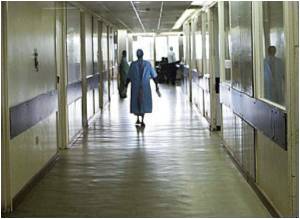Cyber attacks can increase both psychological and physiological stress in individuals.

‘Teaching disaster preparedness for cyber events, as is done for real world events, may help mitigate some of the fear and anxiety.’





A team of Israeli researchers designed a study to investigate the psychological effects of cyber terror. In the article entitled, "How Cyber-Attacks Terrorize: Cortisol and Personal Insecurity Jump in the Wake of Cyber Attacks," Daphna Canetti, Michael Gross, Israel Waismel-Manor, and Asaf Levanon, University of Haifa, and Hagit Cohen, Ben-Gurion University of the Negev, Israel, examine the potential damaging effects of cyber terror, even though its victims suffer no direct bodily harm. "Cyber attacks can increase both psychological and physiological stress in individuals. Teaching disaster preparedness for cyber events, as is done for real world events, may help mitigate some of this fear and anxiety," says Editor-in-Chief Brenda K. Wiederhold, PhD, MBA, BCB, BCN, Interactive Media Institute, San Diego, California and Virtual Reality Medical Institute, Brussels, Belgium.
Source-Eurekalert















